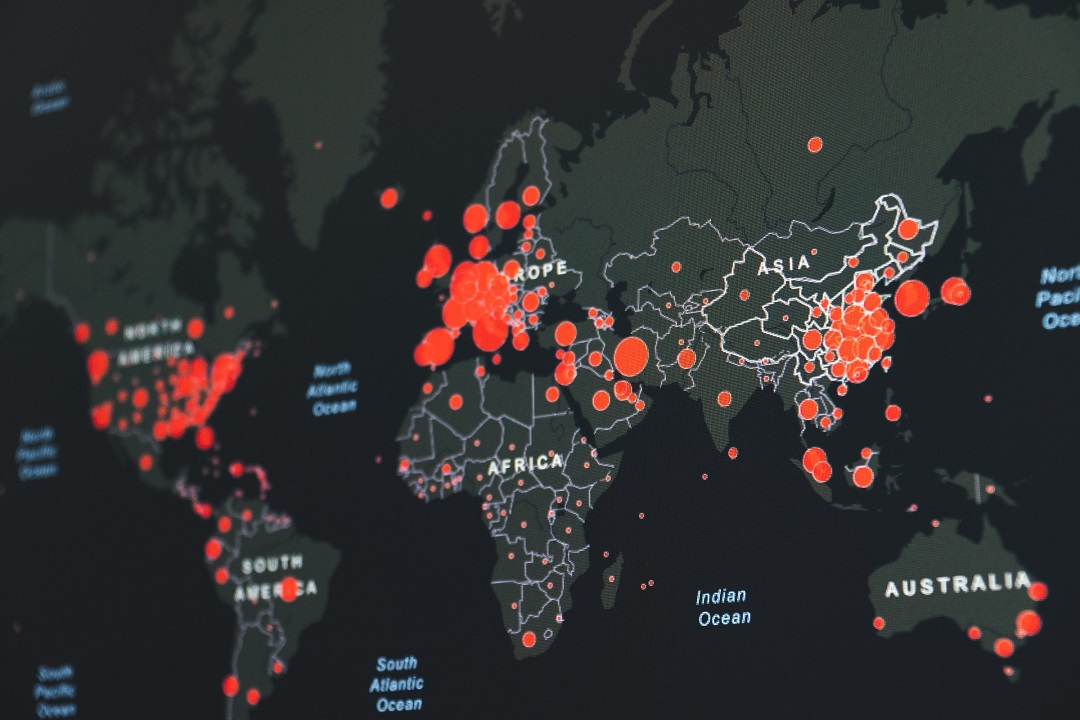Experts warn that migrants in low-income countries must be included in global coronavirus response
Published: 29 April 2020
 Photo by Martin Sanchez on Unsplash
Photo by Martin Sanchez on Unsplash
Millions of migrants and refugees are not being well enough considered by governments planning their response to coronavirus, according to experts in migrant health.
An article published online in Lancet Infectious Diseases on Tuesday 21st April 2020 has stated that urgent efforts are needed in certain countries to curb the impact of the disease on a global scale.
The authors of the paper, from St George’s, University of London and the International Organization for Migration in Brussels and Manila, say there is a strong case for ensuring prevention and testing strategies reach all communities, particularly migrants in low-income countries and humanitarian settings, and that they have access to health care. The paper pulls together a case for support for employing these strategies as well as highlighting examples of best practice.
Right now, many migrants – including asylum seekers, refugees and labour migrants – are living in precarious conditions across the globe with a lack of access to public health and social services in the countries they live in. In some cases, migrant camps have been sealed off from wider society after coronavirus detection or migrants have being expelled overnight back to their country of origin.
Unfortunately, the impact of coronavirus on migrant communities in these contexts may be more severe because of the risks associated with overcrowding, poor hygiene, lack of shelter, malnutrition and other co-morbidities. Guidance produced by the Interagency Standing Committee (IASC) last month has called on countries to do more to look after these groups, including better site planning for improved distancing and crowd management. The authors flag that instead of lockdowns and movement restrictions, emphasis should be placed on improving surveillance and testing; implementing feasible infection control measures, such as cohorting of cases; and ensuring prompt access to health care.
The paper points to examples of strategies being taken by some governments. But the authors are clear that more needs to be done by policymakers so that fragile health systems can overcome the upcoming challenges and provide testing and treatment for all communities.
Dr Sally Hargreaves, lead author on the paper from St George’s, University of London, said:
“We have seen many examples in recent weeks of governments discriminating against migrants. They have been deporting labour migrants in their tens of thousands without adequate provision in place, locking down migrant camps and prohibiting movement, and maintaining barriers to them accessing mainstream health systems. Action is now required to advocate for migrants globally and to guarantee their protection.
“As coronavirus now advances into these regions of the world, it is essential that equal prevention and treatment opportunities are promoted. These migrant populations need support now, alongside early access to tests, drugs, and vaccines once available.”